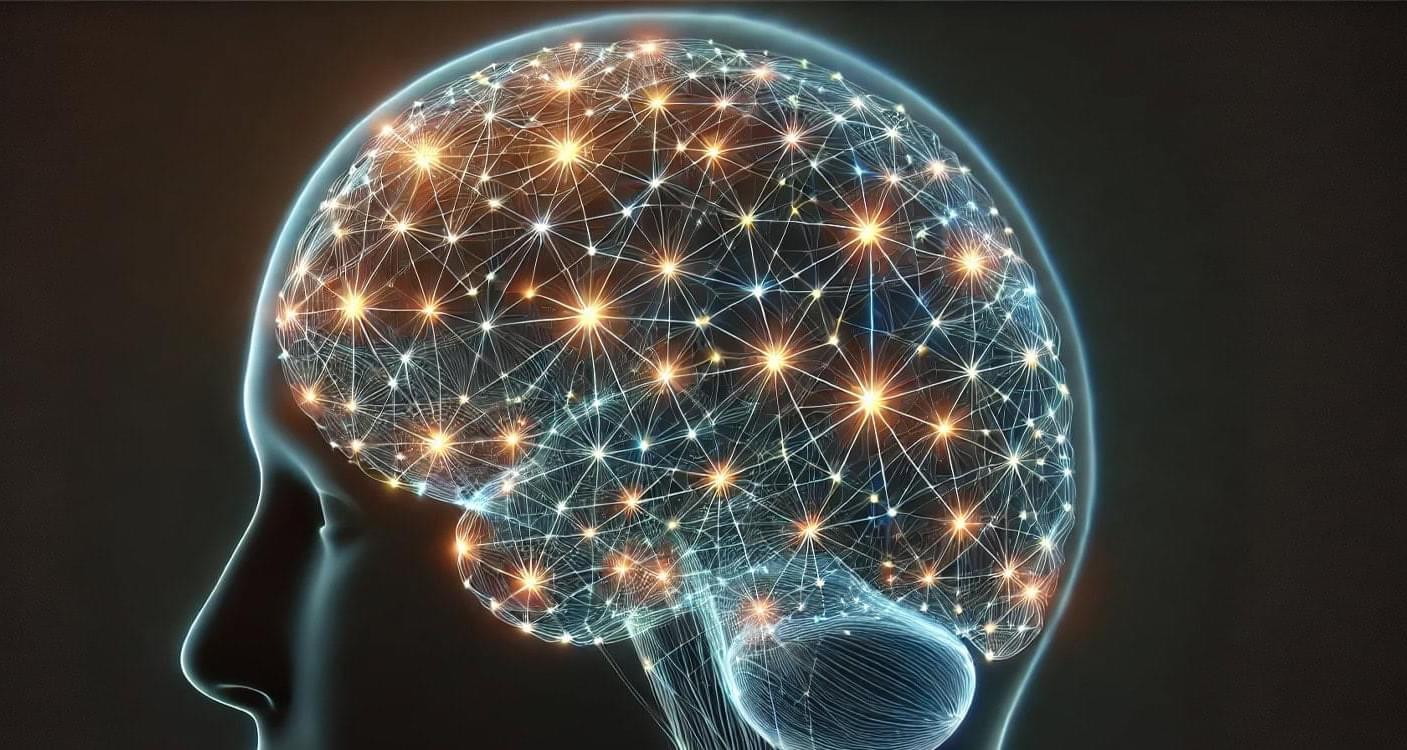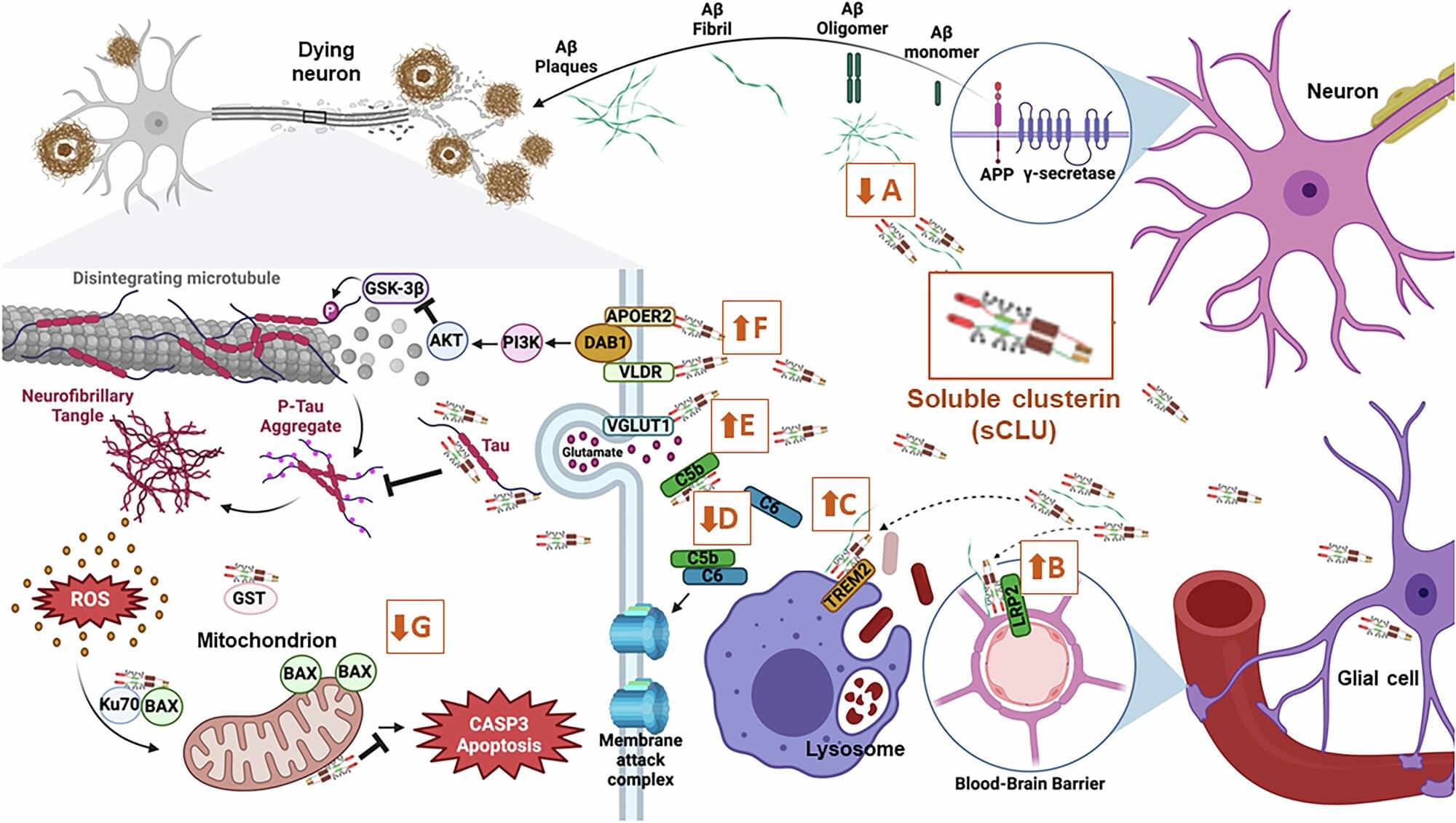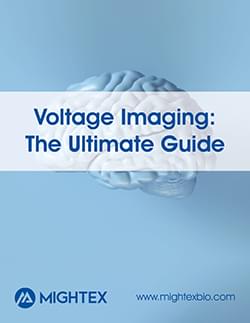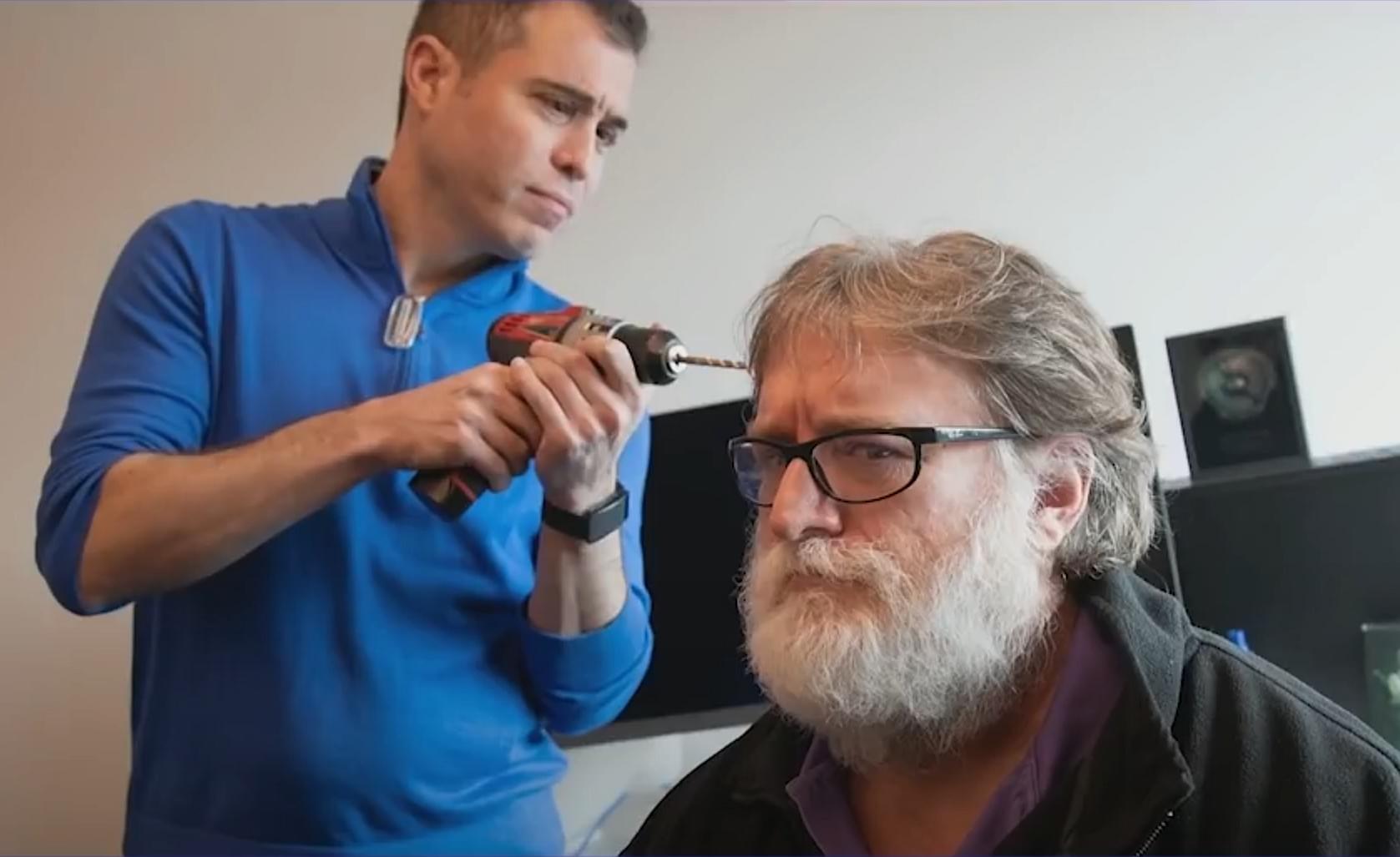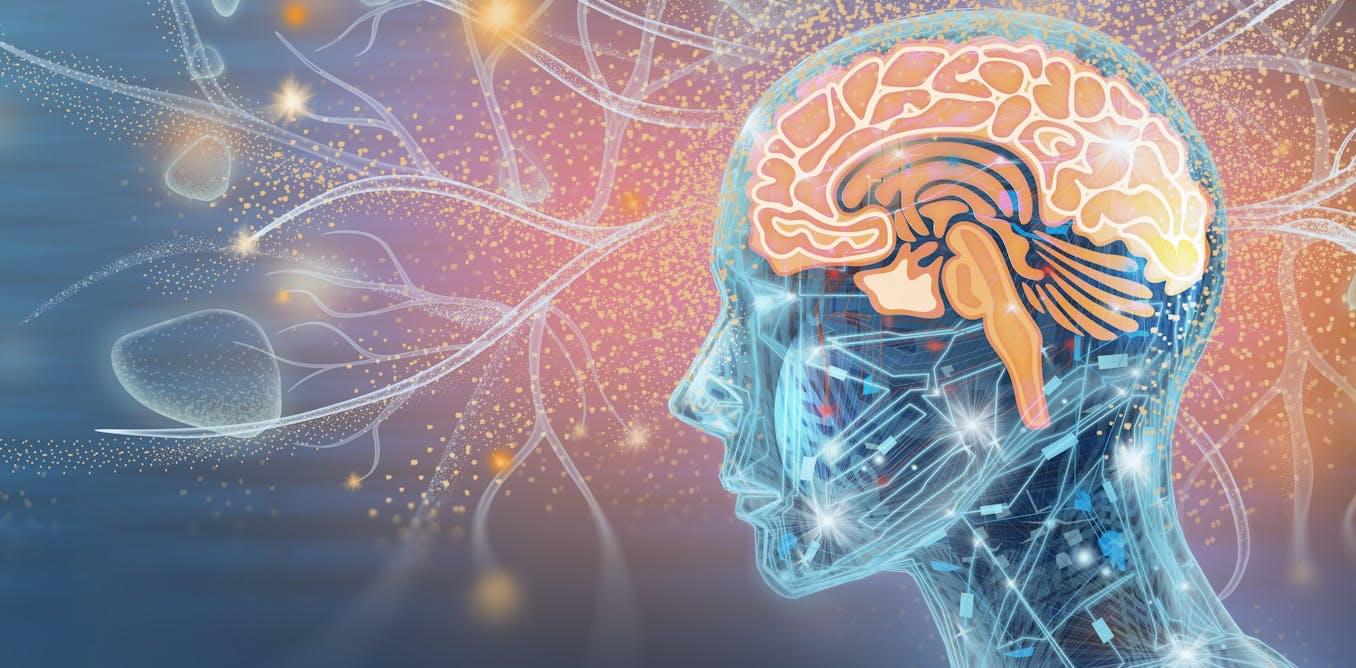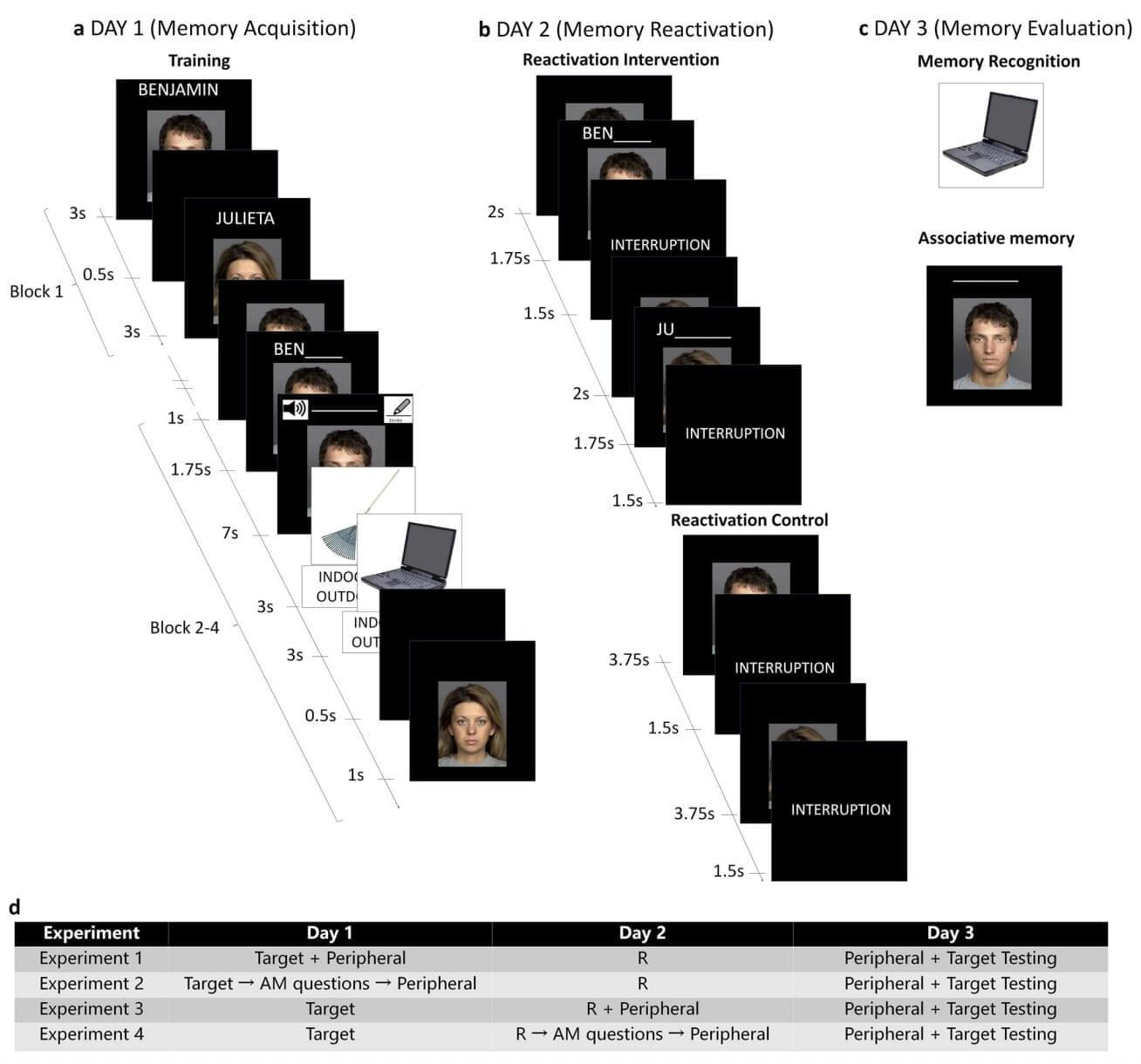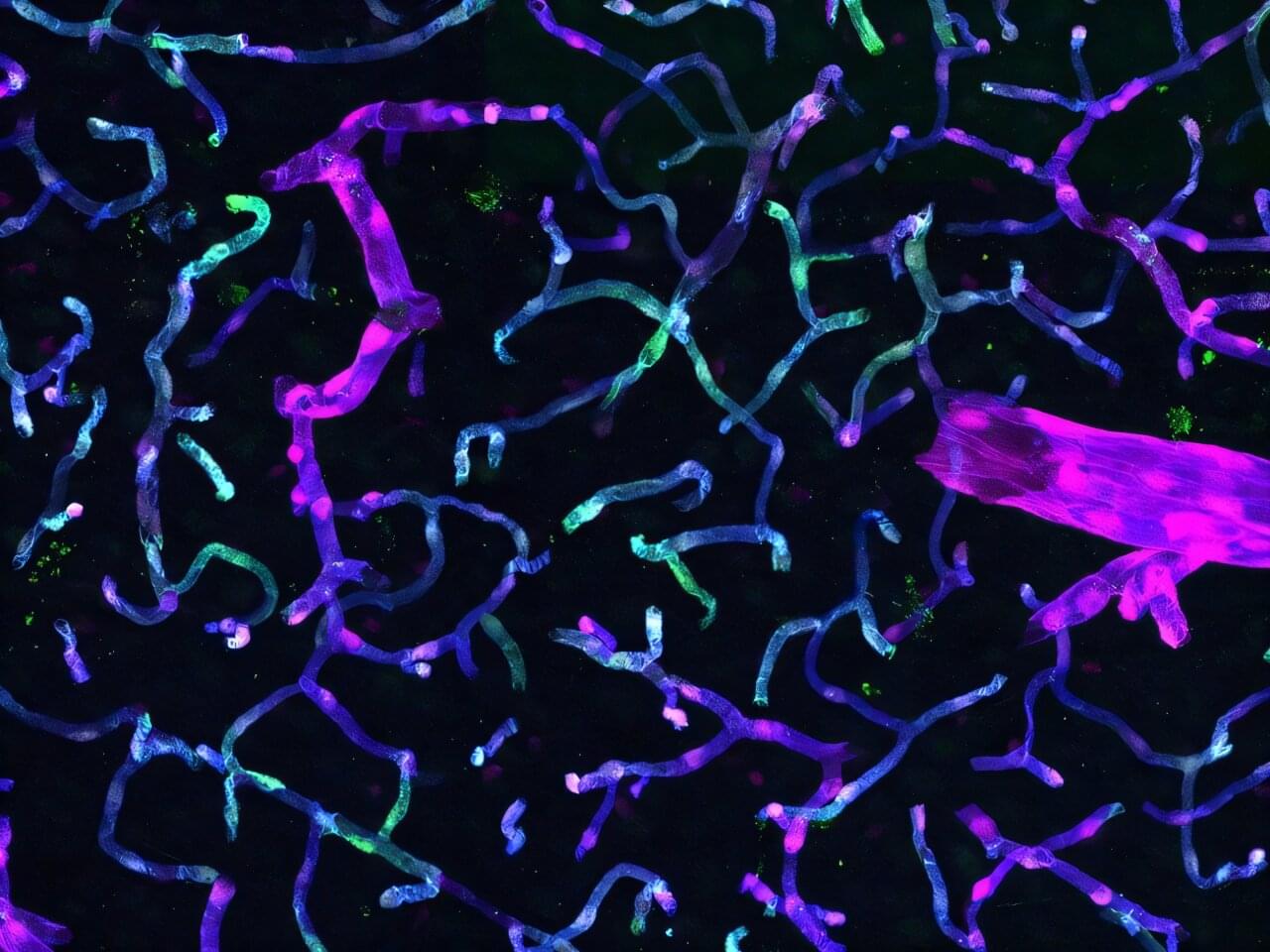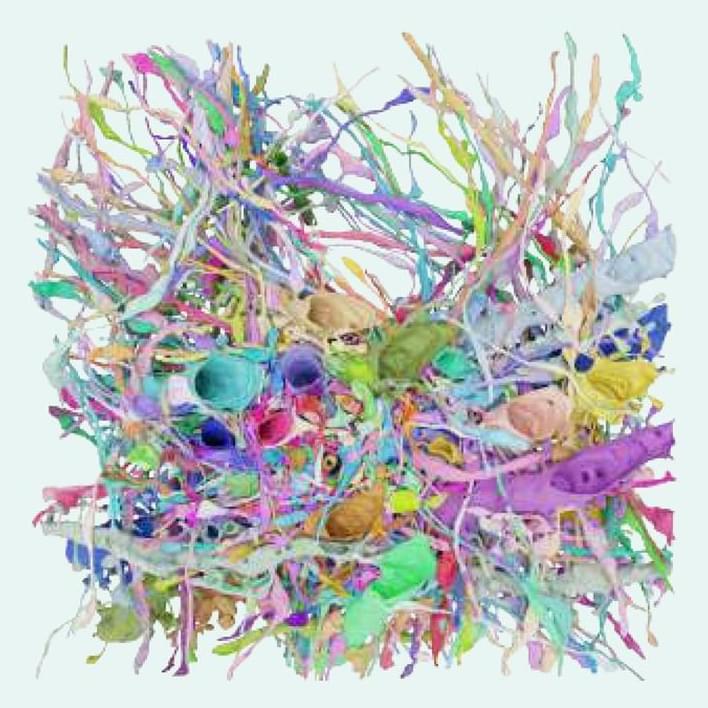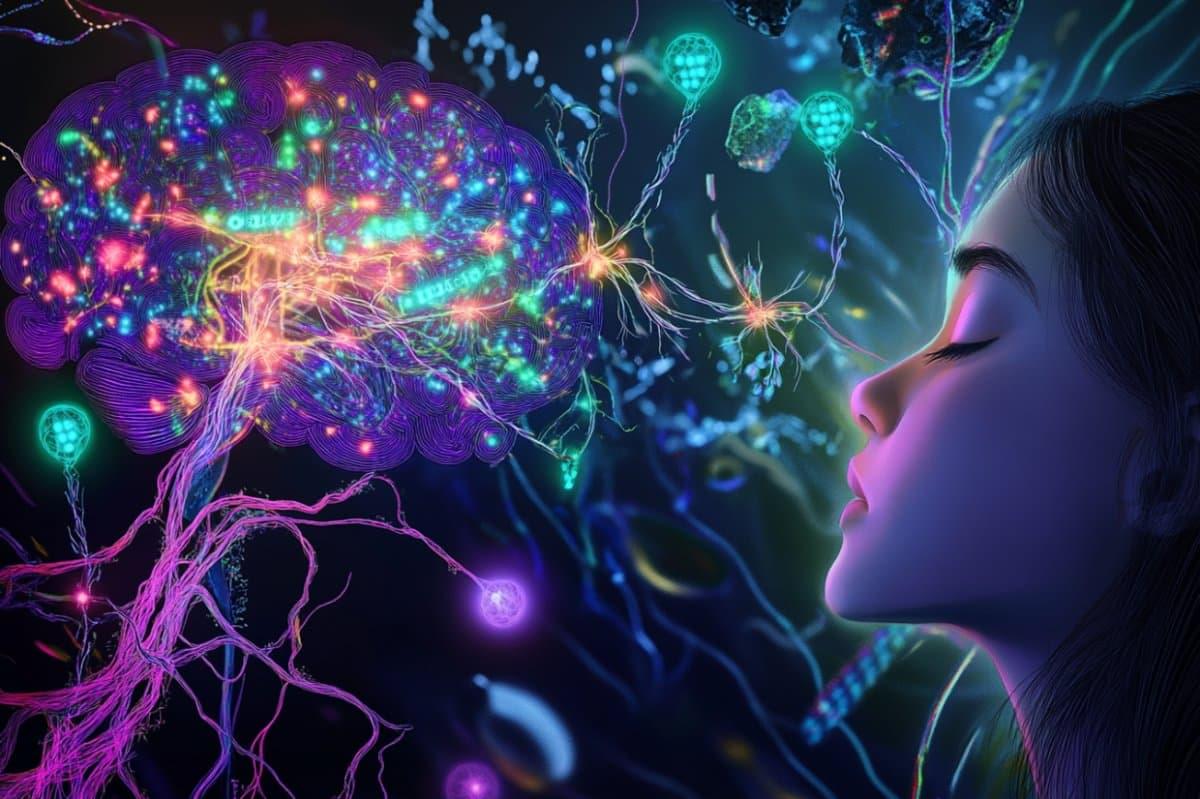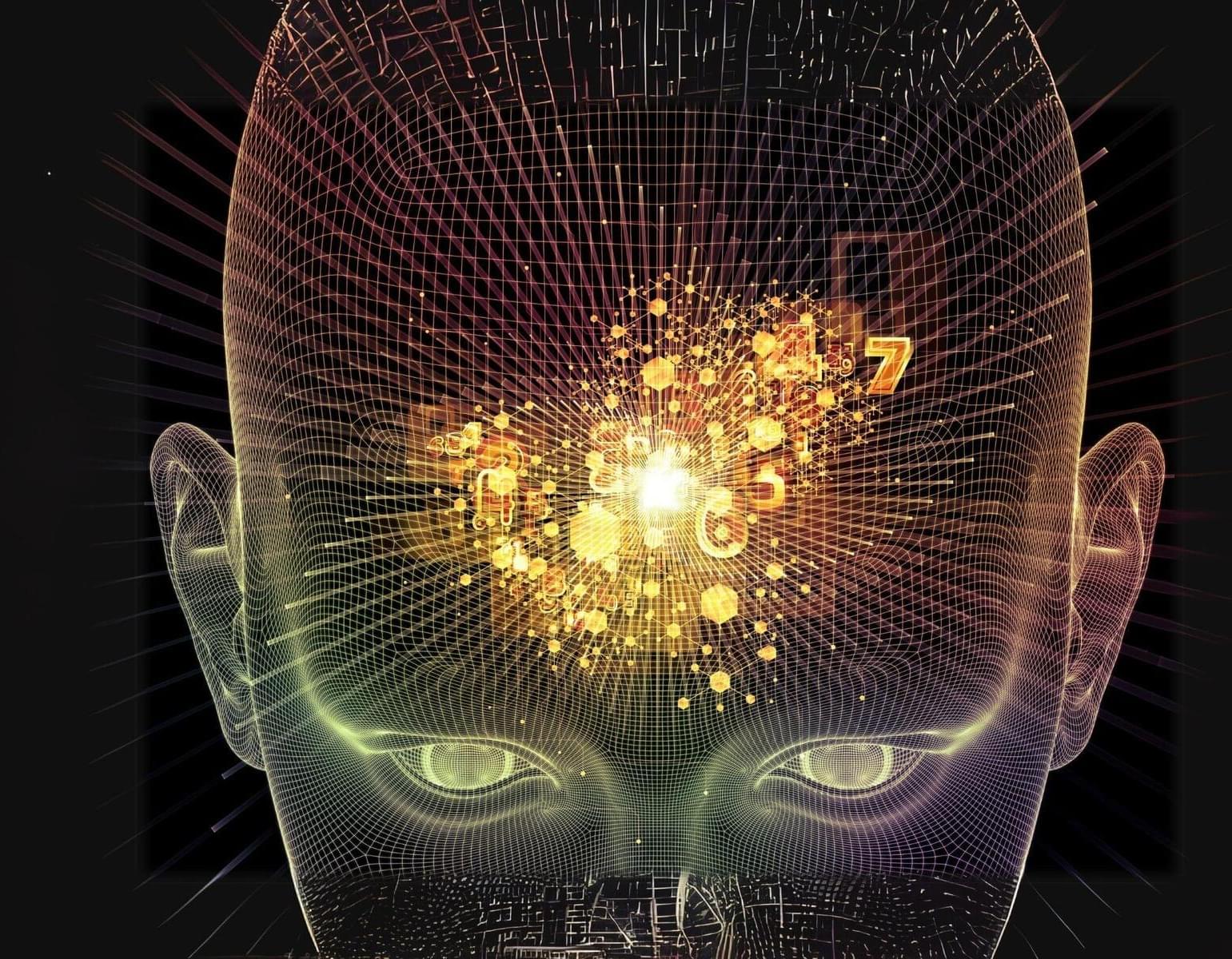A new neuroimaging study from China has found that an eight-week course of bright light therapy helped reduce depressive symptoms in individuals with subthreshold depression. The treatment also altered dynamic functional connectivity in several brain regions associated with mood regulation. The study was published in the Journal of Affective Disorders.
Subthreshold depression refers to the presence of depressive symptoms that are clinically relevant but do not meet the full diagnostic criteria for major depressive disorder. Individuals with subthreshold depression may experience persistent sadness, fatigue, sleep disturbances, or concentration problems, but with fewer symptoms or a shorter duration than required for a formal diagnosis.
Despite being “subthreshold,” the condition can impair daily functioning and reduce quality of life. It is also linked to an increased risk of developing major depression in the future. Subthreshold depression is common—especially among adolescents, older adults, and individuals with chronic illnesses—and it often goes undiagnosed and untreated because the symptoms are perceived as mild or situational. However, research shows that even mild depressive symptoms can negatively affect social relationships, job performance, and physical health.
